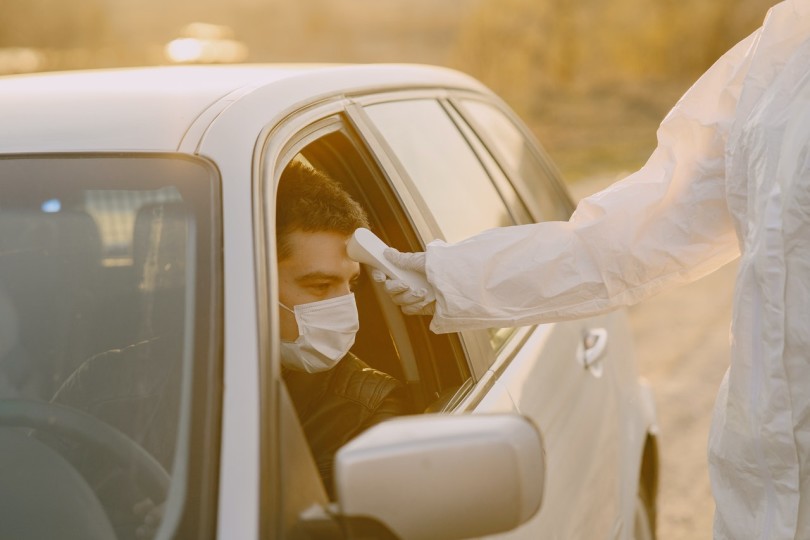Is Autonomous Driving coming to the UAE?
26 Apr 24
Lab ChatThe Global News Source for the World of Science and Chemicals
20 June 2021
Enviro Chat
The use of personal protective equipment (PPE) such as face masks, gowns and gloves has been instrumental in the fight against the COVID-19 pandemic. Limiting the spread of the disease by reducing person-to-person contact and minimising the proliferation of infected droplets have saved countless lives already.
However, there is another, less desirable side-effect of this mass consumption of PPE. The vast majority of PPE items that are produced around the world are intended for single use only. This leads to an excessive amount of plastic waste which, when not disposed of responsibly, quickly becomes a serious pollution issue.
According to the latest statistics, it’s believed that China was responsible for the production of more than 10 billion face masks last year alone. Unfortunately, a significant proportion of these were discarded carelessly by their users, which meant that an estimated 1.5 billion masks ended up in our seas and oceans in 2020.
The Hong Kong environmental organisation OceanAsia has suggested that figure is equivalent to 5,460 metric tonnes of plastic contamination, which can cause serious damage to the ecosystems it invades. Although traces of the virus may still be present on the PPE, it is not believed that COVID-19 can spread through water. However, the fallout from the pollution may still be equally disastrous.
That’s because the PPE can degrade in the environment over time, breaking down into smaller fragments known as microplastics. In fact, one study found that surgical masks which were subjected to an artificial aging process and exposed to seawater released up to 173,000 microfibres on a daily basis.
Once in the environment, these microscopic particles can be mistaken by fish, mammals and other aquatic creatures for food. The damage that microplastics wreak on the internal organs of animals is not yet fully understood, but even if their impact is completely benign, they still occupy space in the creature’s stomach, making it think it is full but not providing any of the nutrients it requires to survive.
It’s not just life beneath the waves which is threatened by PPE, either. Gloves and face masks are found with alarming regularity in the Emirati desert, where they are so affected by the baking heat and humidity that they break down into microplastics at an alarming rate. Once in that state, they can also become ingested by land animals, causing the same health concerns as in the sea.
“All of these items must be properly discarded in a closed dustbin,” explains Habiba Al Marashi, chairwoman of the UAE NGO Emirates Environmental Group. “Unfortunately, due to its light weight, it [PPE] tends to fly around in the wind. If a dustbin is not closed, it can tend to take flight and spread around. These plastics do end up in the ocean and, in the case of the UAE, the desert. This is not good for the wildlife, which often feed on tiny plastic."
DOWNLOAD PDF

2 Day Seminar Program
@ ArabLab+ 2024
24 & 25 September 2024
22 Apr 24
Lab ChatYour stay in Dubai
Labkit
Product News
Chemkit
Product News
Thinking about exhibiting at ARABLAB 2024? Watch our video to find out more.
Join the world’s leading organisations…
Join our mailing list and receive the ARABLAB newsletter and event updates.